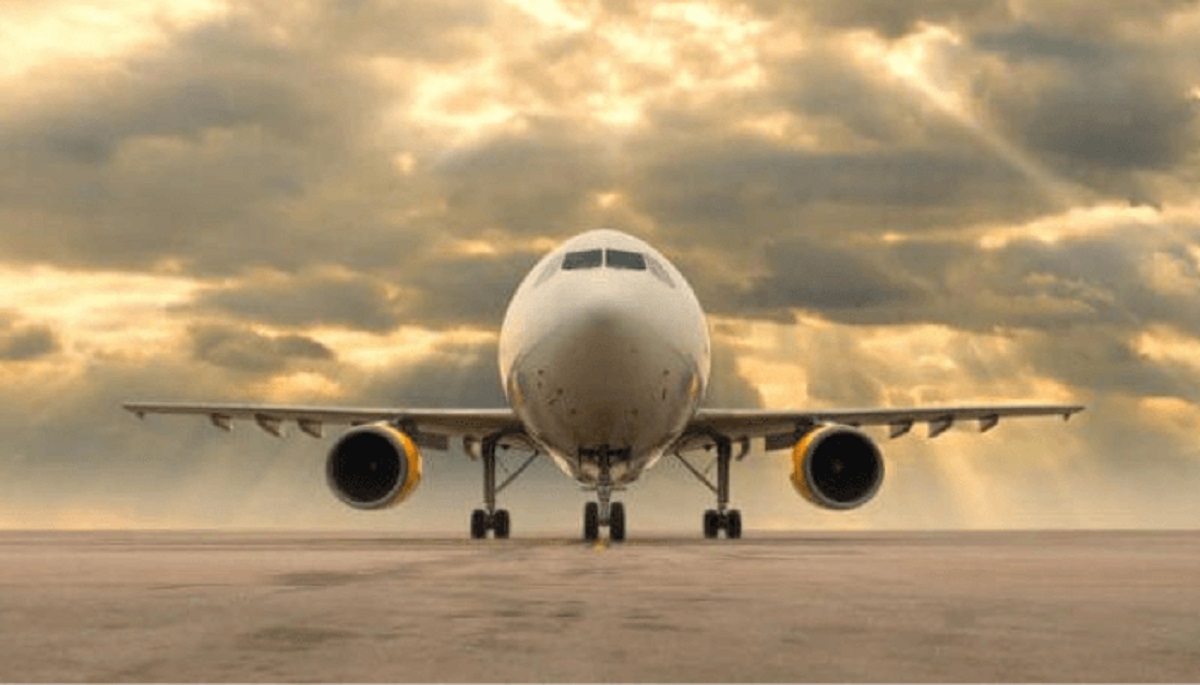This article delves into the reasons behind persistently high airfares from Nigeria to international destinations, especially compared to other African countries. Despite efforts to lower costs, the disparity remains a concern for Nigerian passengers seeking affordable travel options. Various factors contribute to this trend, including exchange rates, trapped funds, local competition, and demand-supply dynamics.
A recent review of ticket prices in Nigeria reveals that a one-way economy class ticket on Turkish Airlines from Lagos to London costs $1,636, while it costs $469 (N376,607) for a one-way ticket from Cotonou to London on the same day. This disparity in ticket prices has led many Nigerian travellers to fly from Accra, Ghana, to London, Canada, and other frequently travelled locations. It is to save money.
Some aviation industry participants argue that other African nations with high currency rates and imprisoned cash still have cheaper fares than Nigeria. Some argue that foreign airlines exploit Nigerians by exploiting demand and the lack of Nigerian carriers on international routes. Base prices on the trip fell from N400,000 on Emirates and Qatar to roughly N250,000 when Air Peace started flying from Lagos to the United Arab Emirates in 2019.
The issue is that all international airlines operating in Nigeria have increased their prices tremendously. In contrast, tickets for the same airlines on the same routes cost less in adjacent nations. Virgin Atlantic attempted to use the same aircraft configured for Nigeria, with a strong emphasis on higher class, to fly to Accra from London. However, Virgin Atlantic quietly abandoned the project, even at cheaper rates.
Exchange Rates and Trapped Funds Impact Ticket Prices
In part, Nigeria’s high ticket prices can be attributed to exchange rate fluctuations and significant trapped funds in the aviation sector. Foreign airlines have faced challenges in repatriating earnings due to stringent currency regulations. As a result, they have blocked low inventory (lower fares) in Nigeria to mitigate financial losses.
Lack of Local Competition and Leveraging Demand
Another factor contributing to higher airfares is the need for more Nigerian carriers on international routes. This lack of competition allows foreign airlines to leverage demand and maintain higher prices for flights departing from Nigeria. Some stakeholders argue that foreign airlines take advantage of the situation, leading to a perception of being “ripped off.”
The Role of the Government and the National Carrier
Nigeria’s absence of a strong national carrier has also contributed to the issue. Domestic airlines have yet to demonstrate long-haul capacity, leaving international airlines less competitive. Establishing a robust national carrier with government support could balance the scales and promote fair competition.
Demand-Supply Dynamics and Routes
Nigeria’s high demand for travel, particularly to popular destinations like London, further impacts ticket prices. With limited capacity on certain routes, airlines can charge higher fares due to demand. Additionally, the need for more available seats on high-demand routes, such as Lagos to London, exacerbates the price difference compared to other avenues, like Abuja to London.
Conclusion
The disparity in airfares from Nigeria compared to other African countries is influenced by a combination of factors. These include exchange rate fluctuations, trapped funds, lack of local competition, and high demand for certain routes.
The Nigerian government must work with foreign airlines to find solutions. It could support the establishment of a strong national carrier. By tackling these challenges, airfares from Nigeria could become more competitive and accessible for Nigerian travellers.

